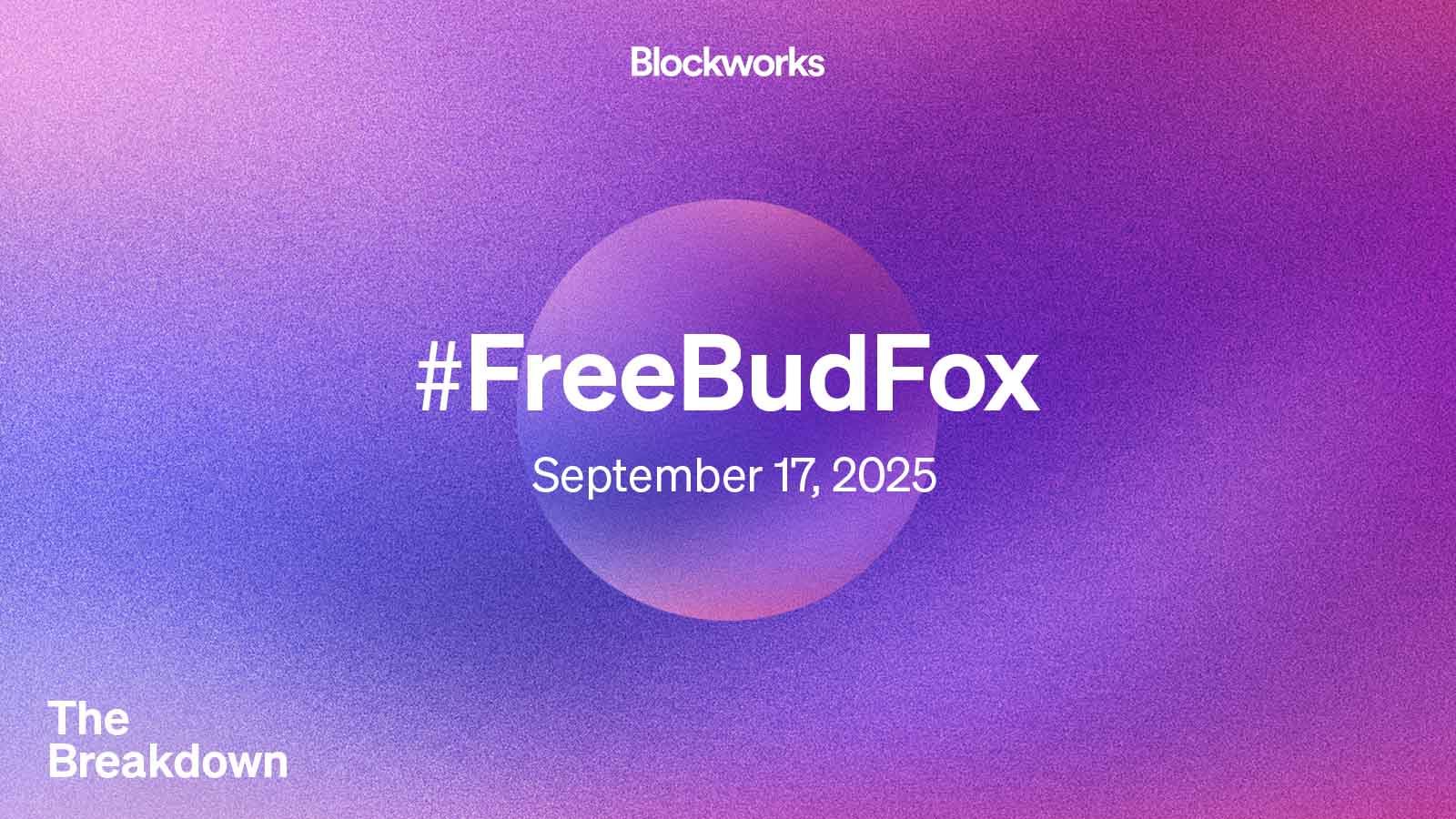Key Takeaways
- Google’s Quantum Echoes algorithm on the Willow chip achieved a quantum computing breakthrough, outperforming classical supercomputers by 13,000 times.
- The algorithm enables the study of molecular structures and complex atomic interactions, revealing information beyond traditional NMR methods.
Google’s Quantum AI team says they have achieved huge advancements in quantum computing with the Willow quantum chip and the Quantum Echoes algorithm.
According to new research published on Wednesday, the new Quantum Echoes algorithm demonstrated the first verifiable quantum advantage on real hardware, running 13,000 times faster than the best classical supercomputer and marking a major step toward practical quantum computing applications.
The algorithm can compute molecular structures and has proven useful in studying systems ranging from molecules to magnets and black holes. It is the first time that a quantum computer has successfully executed a verifiable algorithm that surpasses the capabilities of supercomputers.
The breakthrough builds on Google’s previous quantum achievements, including their 2019 demonstration of quantum computational advantage and the development of the error-suppressing Willow quantum chip in late 2024.
Quantum computing advancements have long been the subject of the crypto community’s discussions as concerns mount over their ability to compromise Bitcoin’s cryptographic algorithm.
While experts broadly agree that the quantum threat to Bitcoin’s security is not imminent, they advise that a move to quantum-resistant cryptography must begin now to secure the network against breakthroughs.
Source: https://cryptobriefing.com/quantum-echoes-algorithm-google/


